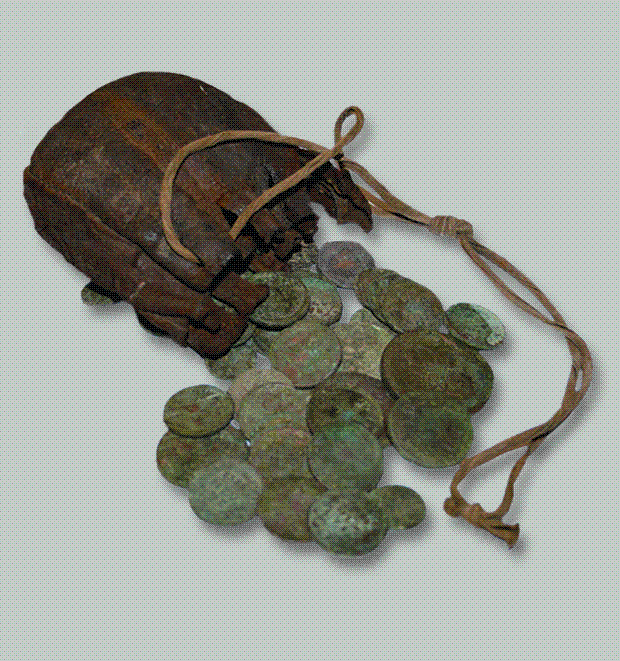
The Problem with #JudasAteToo
 I keep seeing the words #JudasAteToo pop up in my social media sites. When I first heard of this trend, I was puzzled. What does it mean? What are people trying to say? The hashtags were littered all over the internet. Women are getting the phrase tattooed on their wrists.
I keep seeing the words #JudasAteToo pop up in my social media sites. When I first heard of this trend, I was puzzled. What does it mean? What are people trying to say? The hashtags were littered all over the internet. Women are getting the phrase tattooed on their wrists.
Then I did some research. What I found was troublesome. The #JudasAteToo philosophy seems to be linked hand-in-hand with love. Tolerance. Kind discussion. Being open and accepting to the sinners who don’t have it together as we do.
Um, comparison is never a good thing. We either measure ourselves against someone who is ‘not-as-good’ as ourselves and we puff up with pride cloaked in righteousness, or we compare ourselves against those who are rocking-and-roll through life, leaving us to wallow in self-loathing.
Neither outcome is good or healthy.
But what does #JudasAteToo really mean?
This is phrase meant to be inclusive of the hurting. It’s a safe place where the wounded can come for discussion, for understanding, for growth. And those touting this movement place its relevance solely at the feet of Jesus. 
The feel-good Christians who have embraced this idea claim it was demonstrated when Jesus ate His last supper with His disciples. Jesus had washed their feet, even knowing Judas would soon betray Him. He prayed and the assumption is that Jesus prayed for Judas too. And here is the crux of their argument: Judas was at the table, so Jesus welcomed him to eat as a friend.
Carefully read John 18:
21 After saying these things, Jesus was troubled in his spirit, and testified, “Truly, truly, I say to you, one of you will betray me.” 22 The disciples looked at one another, uncertain of whom he spoke. 23 One of his disciples, whom Jesus loved, was reclining at table at Jesus’ side, 24 so Simon Peter motioned to him to ask Jesus of whom he was speaking. 25 So that disciple, leaning back against Jesus, said to him, “Lord, who is it?” 26 Jesus answered, “It is he to whom I will give this morsel of bread when I have dipped it.” So when he had dipped the morsel, he gave it to Judas, the son of Simon Iscariot. 27 Then after he had taken the morsel, Satan entered into him. Jesus said to him, “What you are going to do, do quickly.” 28 Now no one at the table knew why he said this to him. 29 Some thought that, because Judas had the moneybag, Jesus was telling him, “Buy what we need for the feast,” or that he should give something to the poor. 30 So, after receiving the morsel of bread, he immediately went out. And it was night.”
Jesus was not ushering in a revolution for social change. He did not ask Judas, “So what are you feeling today? Tell me about your childhood. What wounded you?” This was not a cry for discussion or some statement about creating safe spaces. Jesus was fulfilling the Word of God and prophecy in order to usher in His death and sacrifice on the cross.
And note this…Judas didn’t finish the meal. He got up and left. The moments of intimate promises and prayers between Jesus and His disciples did not include Judas.
The #JudasAteToo movement implies that breaking bread with the lost will lead to a culture of tolerance and understanding. I contend that the most loving thing we can do for people is to speak the truth. Jesus knew the betrayal already birthed in Judas’ heart and spoke directly to him. “What you are going to do, do quickly.” At that moment, He exposed Judas’ heart. His motivations. The simple sentence showed Judas that Jesus knew the thoughts rolling through his mind.
Jesus did not mince words. He didn’t worry about making Judas feel good or accepted.
“Simon Peter answered, “Lord, who will we go to? You have the words of eternal life. We have come to believe and know that You are the Holy One of God!” Jesus replied to them, “Didn’t I choose you, the Twelve? Yet one of you is the Devil!” He was referring to Judas, Simon Iscariot’s son, one of the Twelve, because he was going to betray Him.” (John 6:68-71)
These days, we focus too much on making people ‘feel’ good. It’s all about emotional comfort and care. Sometimes the things I need to hear about myself don’t feel cozy. They make me cringe. I long to shrink away from the light of the Savior in order to hide in my shadows and mess. But what I need is the honest truth about who I am and Who I need in order to be transformed. Truth is always divisive to those who don’t want to hear it.

It’s not about what we want, but what we need. It’s not about being nice but leading lost souls to their only Hope.
When Jesus washed Judas’ feet, He told him he was not clean. (John 13:10-11) He offered him bread to reveal the motives in his heart. He prayed, but for His disciples and all those yet to believe. And He prayed for us to stand strong in the face of adversity.
Yes, Jesus loves. He ate with sinners but told them the truth to transform their spirits from dead to alive. In all of His time on earth, He did God’s will and only God’s will. He wasn’t concerned about appealing to the culture or getting us in touch with our inner wounds. What He sought wasn’t discussion but transformation.
“I am the way, the truth and the life. No man comes to the Father except through Me.” ~Jesus
When Jesus said it would have been better for Judas to have never been born, I believe Him. (Matthew 26:24) When He said in order to follow Him, we would have to die to self (our way of living, of handling conflict and our personal dreams) and pick up our cross in order to follow Him, I believe Him. When He said we must love our enemies, I believe Him.
And part of that love is speaking the truth…even at mealtime.


Comments 6
I love this Tara. Thank you for speaking truth in love. My pastor used to say that the world wants us to be tolerant. There’s this whole tolerance movement. But the Bible actually holds us to an even higher standard-love. We are to love one another, even our enemies. Love requires much more of us than tolerance.
Author
Yes! Exactly. Great thoughts, Leslie.
Very good!! I love the way you explained this
Hi Tara,
I liked this article. It addresses exactly what we’ve been discussing in Sunday school and Bible study! Jesus didn’t pull punches and its good to be reminded of that.
I am wondering if you meant for us to “carefully read” John 13 and not John 18? The following verses were from Chapter 13. I was a bit confused.
Thank you! I almost fell for it. But reading it carefully my antennas went up.
I have always loved the Judas Ate Too comment but I read into it very very differently. I did not realize that there was a whole movement and ideals behind it (even my social media circle is small so I hadn’t seen all of this) but after digging I’m not with it.
I will add, when I read it and even considered getting it tattooed, I read it as a reminder to myself of God’s unfailing goodness and mercy. I have been Judas. I have hurt Jesus. I have stepped up to the plate of Christianity and struck out big time and yet Jesus feeds me. Jesus gives me chances. Jesus loves me. I wasn’t looking at it as an excuse to sin, or an idea of inclusivity. But a personal conviction and reminder of what Christ has done and continues to do in my own life despite me being Judas.
Sorry for the rambling and hope that made sense. Have a blessed day.